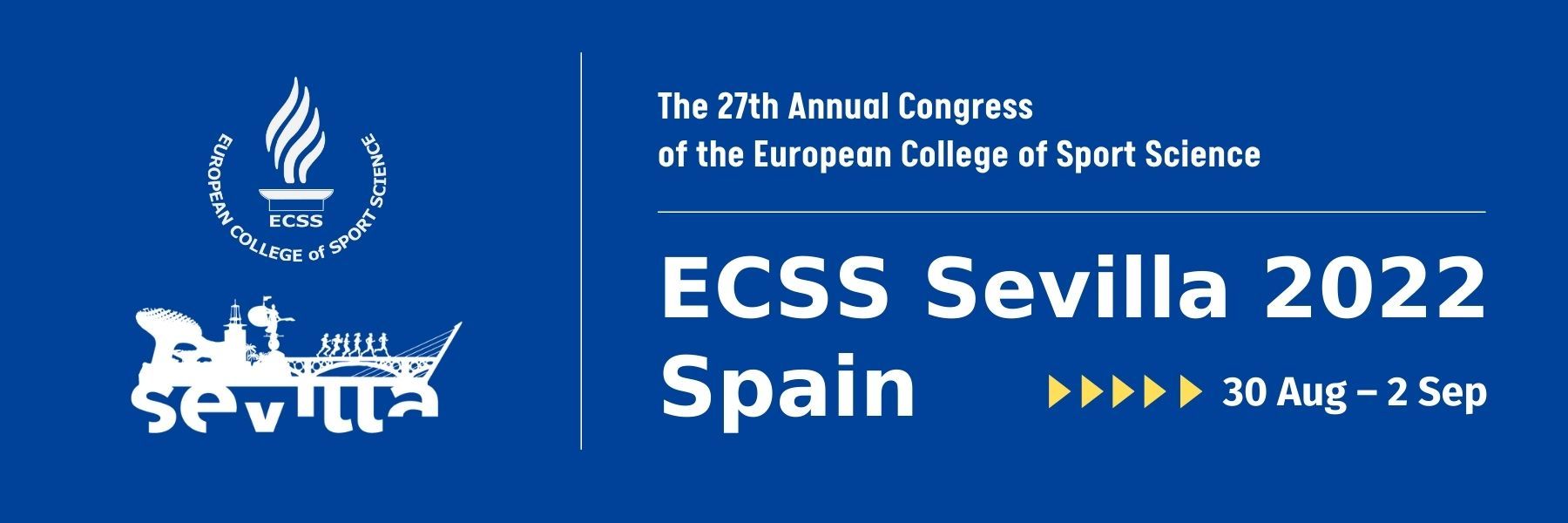

The global decline in physical activity among children and adolescents represents a critical public health challenge with profound implications for current and future health outcomes. This symposium will provide insights in epidemiological data from Europe and Asia, both reveal a persistent and worsening trend in fulfilling the World Health Organization’s recommendation of 60 minutes of daily moderate-to-vigorous physical activity. Concurrently, rising rates of overweight and obesity have led to earlier onset of non-communicable diseases such as type 2 diabetes, hypertension, and cardiovascular risk factors. Despite numerous policy initiatives, effective, scalable interventions remain elusive. Emerging evidence highlights physical literacy—encompassing motor skills, motivation, self-efficacy, and knowledge—as a promising framework for fostering lifelong physical activity. Integrating physical literacy into school curricula and community programs offers a holistic, sustainable approach to health promotion. However, lasting change requires coordinated, cross-sectoral strategies that address physical activity in conjunction with lifestyle changes. This symposium presents a data-driven synthesis of current trends, challenges, and innovative strategies for improving youth health, emphasizing the urgent need for evidence-based, systemic action to safeguard the health of future generations all over the world.

ECSS Paris 2023: IS-MH07

The physical health of adolescents has evolved from an educational issue to a socially concerned topic. Various survey data indicate a decline in adolescents' muscle strength and cardiopulmonary function levels, with the phenomenon of being "overweight yet weak" being common. Diseases traditionally associated with adults, such as hyperlipidemia, hypertension, and pre-diabetes, are increasingly in overweight and obese children. This trend of non-communicable chronic diseases occurring at younger ages a future public health alarm. Obesity can lead to health risks such as insulin resistance, hypertension, type 2 diabetes, and cardiovascular diseases. Latest data show that one-fifth (approximately 391 million) of the global population aged 5 to 19 are overweight, with a significant portion meeting the criteria for obesity. The overweight and obesity rate among children and adolescents aged 6 to 17 in China is about 19%. This has resulted in an average weight increase of 10%-15% among students, while grip strength and standing long jump performance continue to decline. Myopia is another issue, with significant regional disparities in global adolescent myopia rates. East Asian countries—China, Japan, and South Korea—have the highest rates globally, at 52.7%, 60%, and 75%. The phenomenon of "multiple co-occurring health issues" is prominent, like "chubby kids" and "bespectacled kids." These are academic pressure, sleep deprivation, lack of physical activity, anxiety, depression, etc. The rising incidence of scoliosis has also raised widespread concern. Physical activity helps prevent and manage non-communicable diseases such as cardiovascular diseases, cancer, and diabetes. It also reduces depression and anxiety, improves sleep, and enhances brain health. According to the latest WHO data, 31% of adults do not meet the recommended 150 minutes of moderate-intensity or 75 minutes of vigorous-intensity physical activity per week. 81% of adolescents do not meet the recommendation of at least one hour of moderate-to-vigorous physical activity daily, with the figure as high as 85% for girls. In the UK, 29.6% of children get less than 30 minutes of physical activity per day. It is estimated that by 2030, the prevalence of physical inactivity will reach 35% among adults and 85% among adolescents. The causes of the above problems include physical inactivity, insufficient outdoor activity, prolonged sedentary behavior, lack of sleep, and excessive nutritional intake. How to establish a healthy lifestyle and increase targeted physical exercise to promote adolescent health has become a hot topic. It is essential for the whole society to form a consensus on "health first," establish healthy lifestyles, strengthen outdoor physical activities, enhance targeted physical exercise in schools, and improve the physical health levels of adolescents.
Read CV Jianfang XuECSS Paris 2023: IS-MH07

The health of children and adolescents in Europe has changed significantly over the past decades. Even before the onset of the pandemic, there had been an increase in sedentary behavior and a decline in physical activity, particularly among adolescents. Steene-Johannessen et al. (2020) reported in a meta-analysis of over 47,000 European participants that only 29% met the World Health Organization's (WHO) physical activity recommendations of 60 min/day. In Germany, a comparison of HBSC studies from 2009/10 and 2022 revealed that just 10.8% of girls and 20.9% of boys met the WHO recommendation (Bucksch et al., 2024). The pandemic and associated restrictions (e.g. lockdowns, bans on public and organized sports and school closures) have further exacerbated this trend. Rossi et al. (2021) estimated that physical activity declined by between 11 and 91 minutes per day. Families in precarious situations have been and continue to be particularly affected (Schmidt et al., 2021; Wessely et al., 2022). In some areas, only partial recovery has been observed so far (Jesionek et al., in preparation). The consequences of physical inactivity are well documented and include motor deficits, obesity and an increased risk of non-communicable diseases (Lee & Yoon, 2018; Niemistö et al., 2019). Despite numerous initiatives to promote physical activity (Heath et al., 2012; Woods et al., 2021), there is still no consensus on how to design effective measures. One promising approach is the concept of physical literacy (PL), which was developed by Whitehead (Whitehead, 2001). PL encompasses cognitive (knowledge and understanding), affective (e.g. motivation, self-efficacy and self-confidence) and physical (basic motor skills, exercise and participation in sport) dimensions, forming the basis for a lifelong active lifestyle (Cairney et al., 2019). Intensive research is currently being conducted into how PL can be systematically integrated into school curricula and community programs. This presentation will provide an up-to-date overview of the trends relating to physical activity and sedentary behavior among children and adolescents, with a particular focus on physical and health literacy. Improving the health of young people requires coherent policy measures and sustainable investment in promoting physical activity in schools. It also requires integrated prevention strategies that address physical activity, sleep, nutrition and psychosocial well-being equally.
Read CV Christine JoistenECSS Paris 2023: IS-MH07
